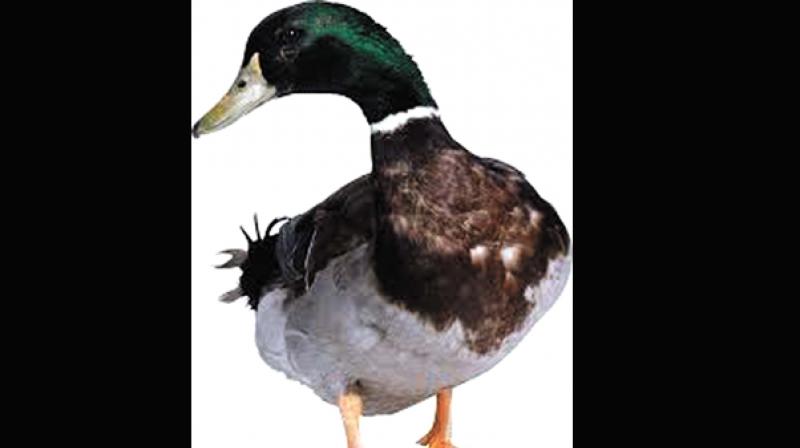Kuttanadan ducks; now from Tamil Nadu

ALAPPUZHA: If you are planning to taste your favorite Kuttanadan duck curry this Easter, you might end up with Tamil Nadu-bred ducks. Because of the soaring demand of ducks in the wake of the bird flu that resulted in the culling of over 10 lakh ducks in the district, duck sellers are forced to sell so-called ‘Kuttanadan Tharavu’ actually bred in Tamil Nadu. Ducks from TN are being sold even in the interiors of Alappuzha. Even though Easter is a couple of days away, the duck business in Kuttanad has started booming.
It was last October that the avian influenza shattered the multi-crore traditional business both in Alappuzha and Kottayam districts. Bird varieties like Chara and Chemaballi are known as Kuttanadan ducks. But the TN-bred duck varieties like Kazhuthala and Araani are largely being imported to Kuttanad and being tagged as Kuttanadan ducks. J. Raju, a duck seller in Mankombu , says it is not a new thing that hatchery-bred ducks from TN are being imported to Kuttanad during this season. “But the number has increased compared to past years due to the shortage of the local breed. Several local duck farmers had to give up their business, affecting the breeding of local stuff,” he says.
Thankachan, a duck farmer, who bred 20,000 local variety ducks for the Easter season, says the imported ducks tagged as Kuttanad breed can be seen in water bodies near paddy fields everywhere. The ducks mainly brought from Madurai, Thirunelveli and Nagercoil are being sold on the Alappuzha-Changanassery Road and usually bought by people who head to Kottayam and Pathanamthitta. The current wholesale rate of a duck is Rs 250 while retail price has gone up to 300 per head and could go up higher”, he says adding locals could discern the difference and generally keep off them.
Meanwhile, Dr A. Jalaludheen, former director of academics and research, Kerala Veterinary and Animal Sciences University (KVASU), said that the government should take steps to revive duck farming for food and nutritional security. The rearing of Chara and Chemballi, which were identified by KAU scientists in 2004, should be improved. If local breeds are made available to farmers at a reasonable rate, the flow of TN bred stuff could be curbed. “The local breed can lay about 220 eggs a year and the weight of a bird is on average one kilo or above,” he points out.

